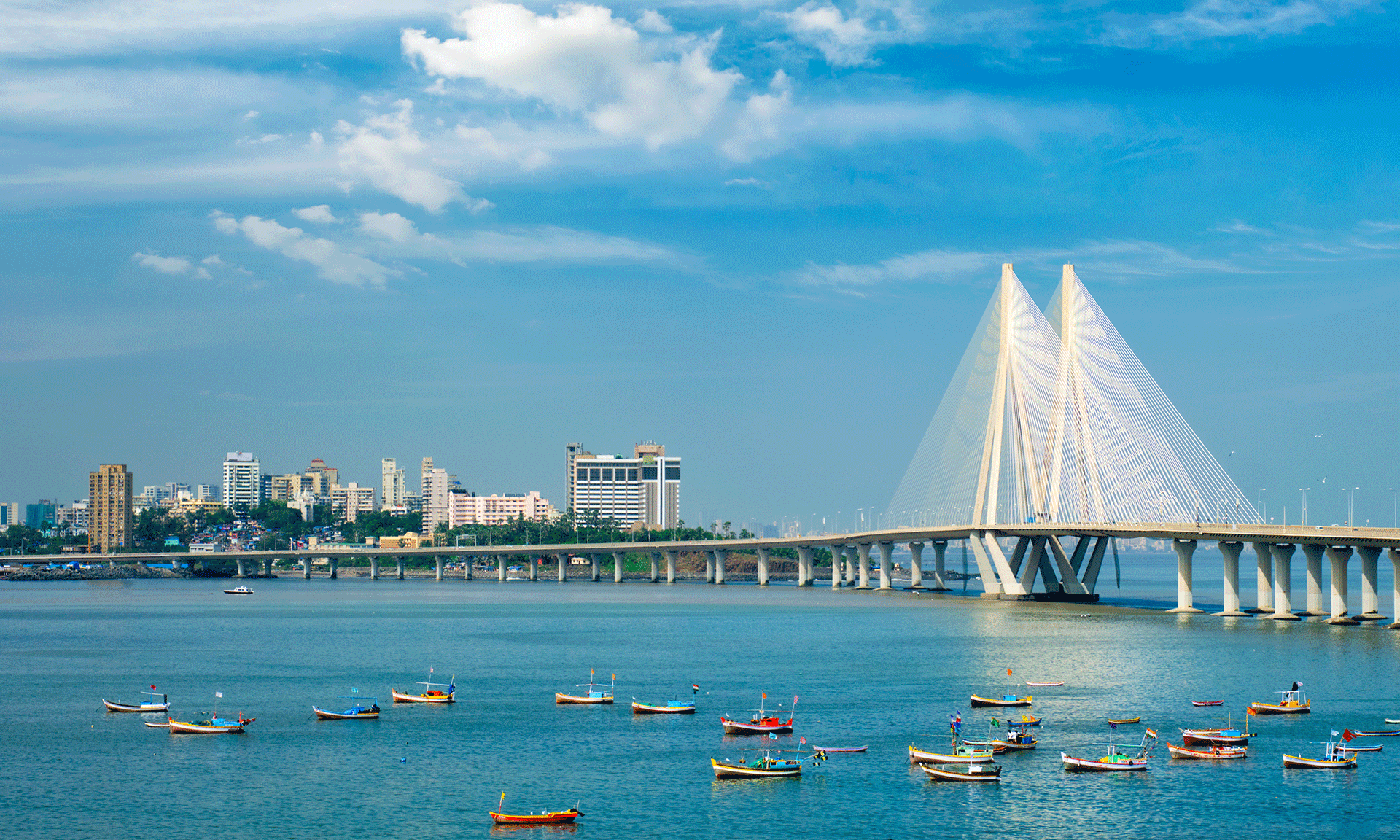India’s Finance Minister Nirmala Sitharaman presented the Union Budget 2020 and announced an array of schemes and steps for micro, small, and medium enterprises (MSMEs) and for small businesses. Budget 2020 proposes to give a push to the manufacturing of electronic equipment, mobile phones, and semiconductor packaging. The FM also said that this could also be utilized for uplifting the manufacturing of medical devices.
In Jan this year, the Union MSME minister Nitin Gadkari had mentioned that his department had a plan to establish five parks for manufacturing low-cost medical devices in India. A National Technical Textiles Mission has also been announced in the Budget 2020, which would have a four-year execution period with an outlay of Rs 1,480 crore. The FM said that a National Logistics Policy would also be soon released to form a single window e-logistics market and ensure that the MSMEs become competent. In addition, for achieving a higher export credit, soon a new scheme would be launched to offer higher insurance cover and lessen the premium particularly for small exporters. It would also ease the process of claim settlements.
The FM also stressed on the goal to make every district as an export hub. For this, she announced the launch of the Nirvik scheme to enable export tax disbursement, which has an objective of making loans simpler to access for exporters and also ease the lending procedure. The Commerce Minister Piyush Goyal announced Nirvik in September 2019, which is a New Export Credit Insurance Scheme (ECIS) by Export Credit Guarantee Corporation of India (ECGC). The ECGC offers credit guarantee of almost up to 60 percent loss, however, under Nirvik scheme, the insurance cover which is guaranteed would cover almost up to 90 percent of the principal, including the interest of loans, and would also include pre and post-shipment credit. Another announcement was that a unified procurement system will be created on public procurement portal Government e-Marketplace.
This declaration is not completely new as the Commerce Ministry earlier launched GeM in August 2016 with the aim of developing an open and transparent platform of procurement for the government. In September 2019, it was said that GeM is working towards a series of steps like creating a mechanism to ensure timely payment to all the registered small businesses and MSMEs, and a process for rating buyers and sellers for promoting its growth. Now in the Budget 2020, the FM said that a digital platform would be established for seamless process of application and capturing of Intellectual Property Rights (IPR). But, it was not clear if she was talking about the website and mobile application Learn to Protect, Secure and Maximise Your Innovation on Intellectual Property Rights (IPRs) that was launched in October 2019.
The website and app was developed by Cell for IPR Promotion and Management (CIPAM)-DPIIT in partnership with Qualcomm and National Law University (NLU), Delhi.
GST and Debt Funding
The FM also announced a scheme for subordinating the debt to MSMEs. She advised the banks to extend restructuring MSME NPAs for an additional year, which earlier had a timeline of March 2020.
She also said that an app-based product which will invoice financing loans would be launched to improve the challenge of delayed payments and also cash flow disparities for MSMEs. She assured that some amendments would be made to facilitate the NBFCs to offer invoice financing to MSMEs. In January 2019, the RBI had permitted the recasting of loans to MSMEs only under the pre-requisite that the total fund and the non-fund based exposure to the MSME borrowers is not exceeding the limit of Rs. 25 crore.
The FM also mentioned that the implementation of GST had helped MSMEs in a big way. However, leading up to Budget 2020, various MSMEs weren’t too happy with GST and voiced their expectations regarding GST. The streamlining of GST was one of the top challenges for the MSME sector, a section that is the backbone of the Indian economy as it contributes almost 29 percent of the nation’s GDP. MSMEs had anticipated the Union Budget 2020 to tackle the rationalising of GST slabs, enhancing the GST refunds system, and dealing with export issues caused due to GST. In Budget 2020, the FM allocated Rs 2.83 lakh crores particularly for agro and allied sectors comprising rural development, irrigation, and Panchayati Raj. The Agri credit target was proposed at Rs. 15 lakh crore.
The budget also recommended comprehensive action-plan and steps for water-stressed districts. Approximately 35 lakh farmers would be helped to set up their stand-alone solar pumps so that they can make a living even in their barren lands. The budget also concentrated on offering 152 million metric tonnes of warehousing facilities.






















 IMC Group
IMC Group